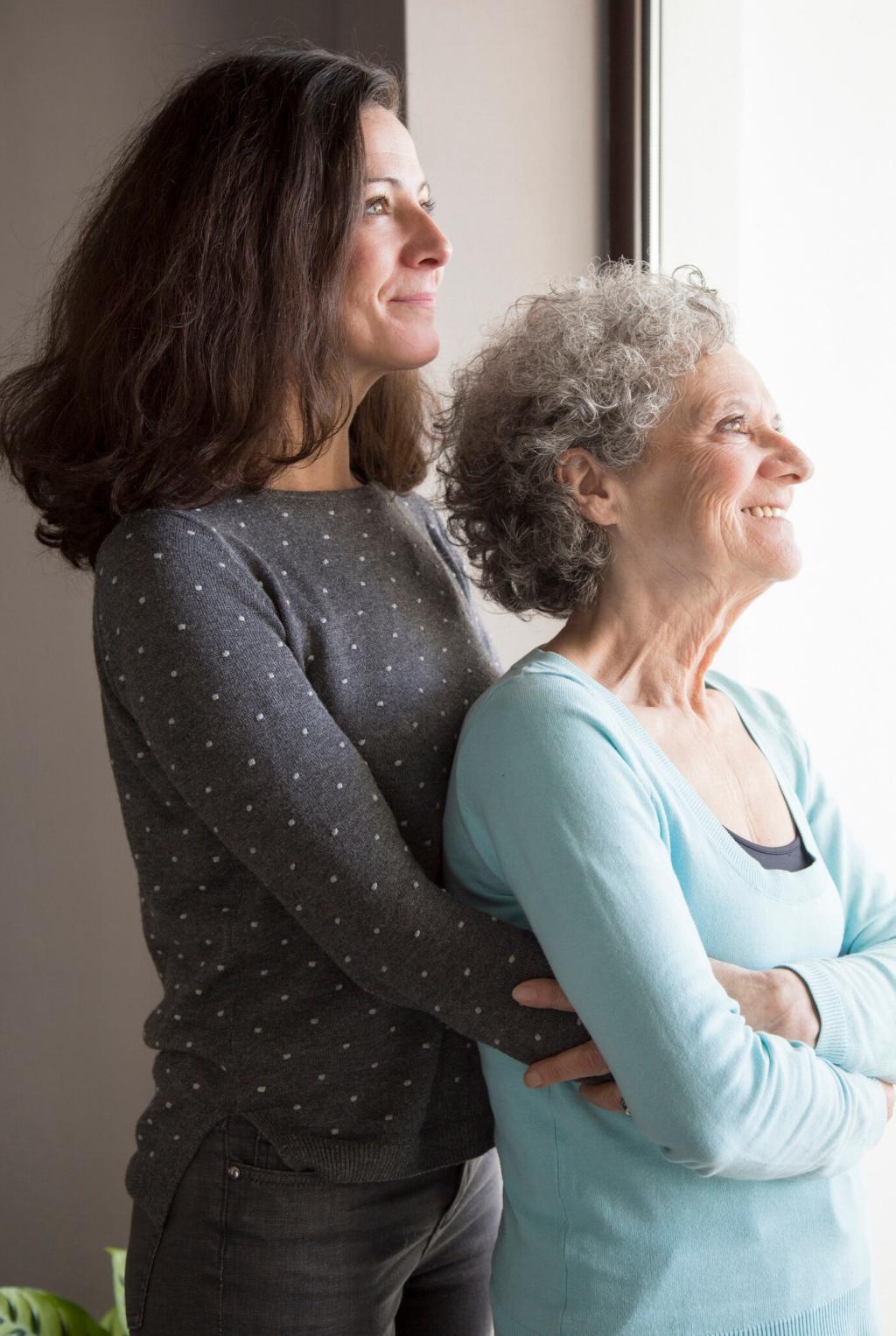Innovative Solutions in Elder Care Programs
Innovative solutions in elder care programs are transforming the way seniors experience daily life, healthcare, and personal connection. The integration of new technologies, advanced approaches in caregiving, and evolving models for support are creating opportunities for older adults to remain independent while receiving high-quality, personalized care. As the global population ages, the need for smarter, more compassionate elder care is growing rapidly. By reimagining traditional care practices and embracing breakthrough ideas, these programs strive to meet the unique physical, emotional, and social needs of older adults, ensuring a higher quality of life and peace of mind for their families.


Smart Home Integration
Smart home technology is revolutionizing elder care by providing automated systems that monitor health, ensure safety, and facilitate independence. Devices like voice-activated assistants, motion detectors, and remote monitoring tools can alert caregivers to potential issues, such as falls or emergencies, while allowing seniors to control their home environment with minimal effort. These integrations reduce the need for constant supervision, grant peace of mind to families, and help delay or even prevent the transition to institutionalized care. By tailoring smart home ecosystems to individual needs, care providers create highly responsive environments that adapt as seniors’ conditions change over time.

Telehealth and Virtual Consultations
Telehealth solutions have gained remarkable prominence in elder care, connecting seniors with healthcare professionals from the comfort of their homes. Virtual consultations eliminate many barriers to care, such as transportation difficulties or mobility limitations. Physicians and therapists can conduct remote evaluations, adjust medications, and offer ongoing support through secure video platforms. This technological advancement ensures timely intervention, reduces hospital readmissions, and fosters a sense of autonomy for seniors who might otherwise feel isolated. Telehealth also extends specialized care to rural or underserved communities, bridging the gap in healthcare access for the aging population.

Wearable Health Devices
Wearable health devices like smartwatches and fitness trackers are providing real-time health monitoring and data collection for seniors. These tools not only track vital signs such as heart rate, blood pressure, and physical activity but can also detect abnormal events like arrhythmias or falls. By continuously gathering health data, caregivers and medical professionals can intervene promptly when issues arise, preventing medical emergencies and supporting proactive care management. Wearables also encourage seniors to participate in their own well-being, setting achievable goals and maintaining active lifestyles that contribute to their overall health and happiness.
Personalized and Holistic Care Approaches
Individualized Care Plans
Individualized care plans are designed around the specific circumstances and desires of each elder, ensuring that interventions, routines, and goals align with their personal values and health requirements. By recognizing that no two seniors are alike, care teams collaborate closely with clients and their families to craft schedules, therapies, and recreational activities that enhance both independence and well-being. This approach not only addresses medical and functional needs but also supports meaningful social interactions and purposeful living. Regular reviews and adjustments ensure that care continues to evolve alongside changing health conditions or preferences.
Integrative Health and Wellness
Integrative health and wellness programs are bringing together conventional medical treatments with complementary practices such as nutrition counseling, mindfulness, and physical therapy. These multidisciplinary efforts address not just chronic diseases but also the mental and emotional factors that impact quality of life. Seniors participate in adaptive fitness classes, meditation workshops, and creative therapies, helping to reduce stress, manage pain, and maintain cognitive function. By embracing a holistic philosophy, elder care programs nurture physical vitality while fostering emotional resilience and spiritual fulfillment.
Social Engagement Initiatives
Social engagement initiatives are redefining how seniors connect with others and stay active within their communities. Programs may include facilitated discussion groups, intergenerational mentorship opportunities, and community-based activities tailored to a wide range of interests and abilities. By intentionally fostering social ties and combating isolation, these initiatives promote mental and emotional health, reduce the risk of depression, and support a stronger sense of belonging. Personalized attention to each senior’s background and preferences ensures that social offerings feel meaningful and accessible, enriching daily life beyond clinical care.

Community-Based Support Systems
Aging-in-place initiatives facilitate the ability of seniors to remain safely in their own homes and neighborhoods as they grow older. Services include home modifications, transportation assistance, and in-home care tailored to each individual’s needs. By reducing the necessity of moving to care facilities, these programs preserve personal autonomy and cherished routines, while also alleviating the emotional stress associated with relocation. Collaboration with local governments, volunteers, and service providers ensures that a comprehensive network of support is available to address evolving challenges and improve quality of life.

